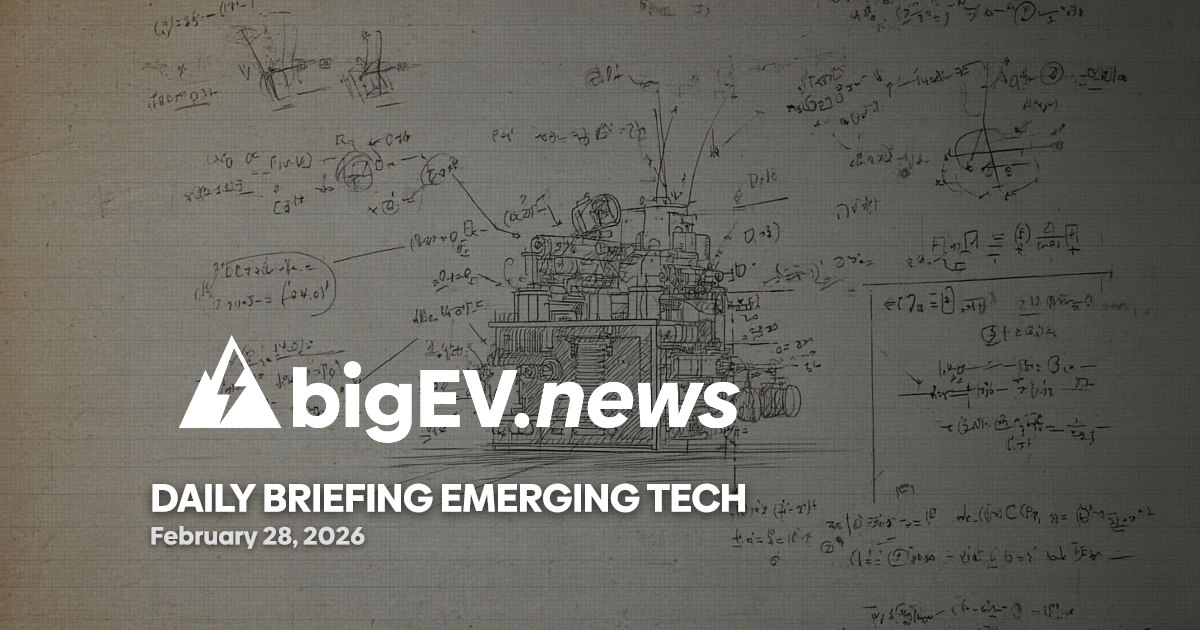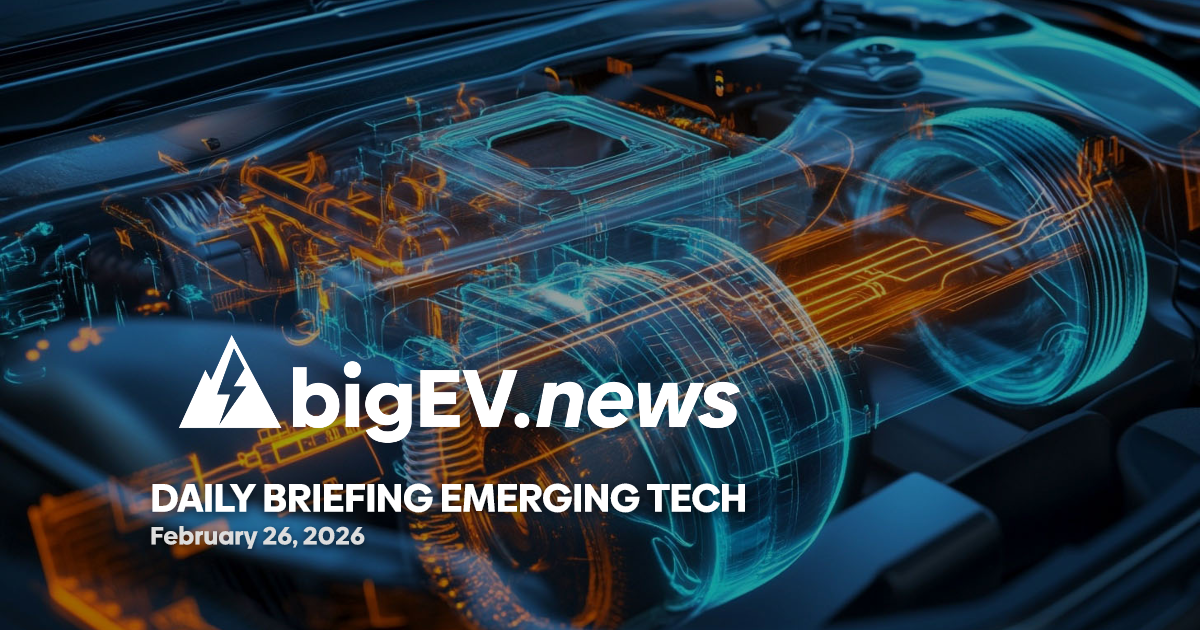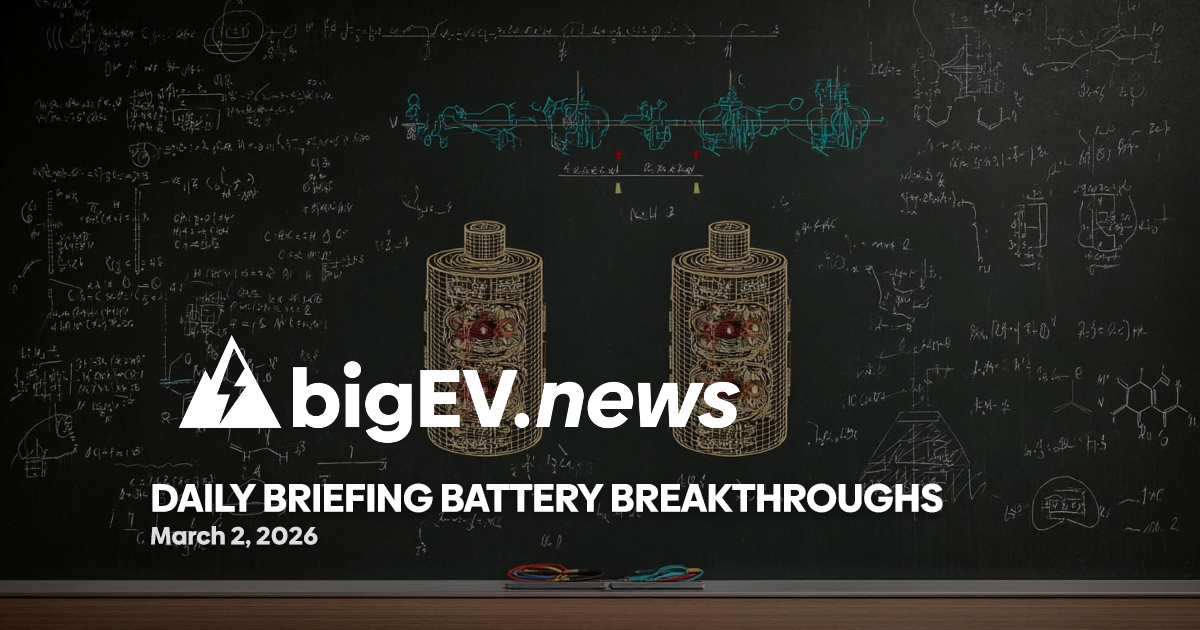Emerging quantum, energy storage, and AI robotics breakthroughs signal a transformative era for electrified and sustainable industries.
At a glance – The past 24 hours have seen a surge in deep tech momentum, with global events and summits spotlighting pre-commercial breakthroughs across quantum computing, advanced materials, and AI-driven robotics. The DeepTech Investor Summit in Zurich, scheduled for January 2025, is drawing attention to spin-offs from ETH Zurich in fields such as ClimateTech, MedTech, and advanced energy storage, with over 140 deep tech startups and 300 investors confirmed. This convergence of capital and research is accelerating the transition from lab to market, particularly for technologies targeting decarbonization and electrification. Meanwhile, the Barcelona Deep Tech Summit is positioning itself as a nexus for science-driven innovation, connecting startups and research groups with major corporations seeking next-generation solutions in robotics, biotech, and materials science. These gatherings are not only fostering investment but also catalyzing the integration of frontier technologies into industrial supply chains, setting the tone for a year of rapid commercialization and cross-sector collaboration.
Technology advance – In a significant leap for quantum computing, Multiverse Computing has unveiled new quantum and tensor network algorithms designed to optimize machine learning and complex industrial processes. The company’s Chief Scientific Officer, Roman Orus, is leading efforts to bridge quantum research with practical applications in manufacturing and logistics, aiming to solve optimization problems that are currently intractable for classical computers. This breakthrough is expected to have immediate implications for energy grid management and materials discovery, with pilot projects already underway in partnership with European manufacturing consortia. The announcement, made at the Barcelona Deep Tech Summit, underscores the accelerating pace at which quantum technologies are moving from theoretical constructs to tools with tangible industrial impact.
Partnerships – Faber, a leading European venture capital firm, has announced a new partnership initiative focused on early-stage deep tech startups targeting digital transformation and climate action. The program, spearheaded by General Partner Sofia Santos, will provide funding and strategic support to ventures in data infrastructure, robotics, and climate-focused biotech. The initiative is designed to bridge the gap between academic research and commercial deployment, with a particular emphasis on startups emerging from university labs across Europe. By facilitating collaborations between startups and established industry players, Faber aims to accelerate the adoption of breakthrough technologies in sectors ranging from healthcare to advanced manufacturing, reinforcing Europe’s leadership in science-driven innovation.
Acquisitions/expansions – SOLiTHOR, a pioneer in solid-state lithium battery technology, has announced a major expansion of its manufacturing capabilities, backed by a new round of investment from institutional and strategic partners. The company’s proprietary solid-state lithium cells promise safer, cleaner, and more energy-dense storage solutions for electric vehicles and grid-scale applications. The expansion will see the construction of a new gigafactory in Belgium, with production slated to begin in late 2026. This move positions SOLiTHOR at the forefront of the race to commercialize next-generation batteries, a critical enabler for the widespread adoption of electric mobility and renewable energy integration. The company’s technology, developed in collaboration with leading European research institutes, is expected to set new benchmarks for performance and sustainability in the energy storage sector.
Regulatory/policy – Regulatory momentum is building around the deployment of advanced neurotechnology, with INBRAIN Neuroelectronics receiving conditional approval from European health authorities to begin clinical trials of its graphene-based brain-computer interface therapeutics. The company’s platform leverages ultra-thin graphene electrodes to enable high-fidelity neural recording and stimulation, opening new frontiers in the treatment of neurological disorders. The approval marks a significant milestone for the translation of deep tech research into clinical practice, and is expected to catalyze further investment in neurotechnology startups across the continent. Policymakers are closely monitoring these developments, with new frameworks being drafted to ensure the safe and ethical deployment of brain-computer interfaces in healthcare settings.
Finance/business – Recent analyses from McKinsey and BCG, highlighted by imec, challenge the conventional wisdom that deep tech investments are riskier and less lucrative than traditional tech. Data now shows that deep tech startups—particularly those in energy, health, and AI compute—are delivering higher returns and exhibit failure rates comparable to their traditional tech counterparts. This shift in investor perception is driving a surge in capital flows into pre-commercial technologies, with venture funds and corporate investors alike seeking exposure to breakthroughs in quantum computing, advanced materials, and clean energy. The trend is expected to continue as more evidence emerges of deep tech’s potential to generate both societal impact and superior financial returns, reshaping the landscape of technology investing for the coming decade.
Sources: femaleswitch, barcelonadeeptechsummit, deeptechcompany, imec, Multiverse Computing, SOLiTHOR









